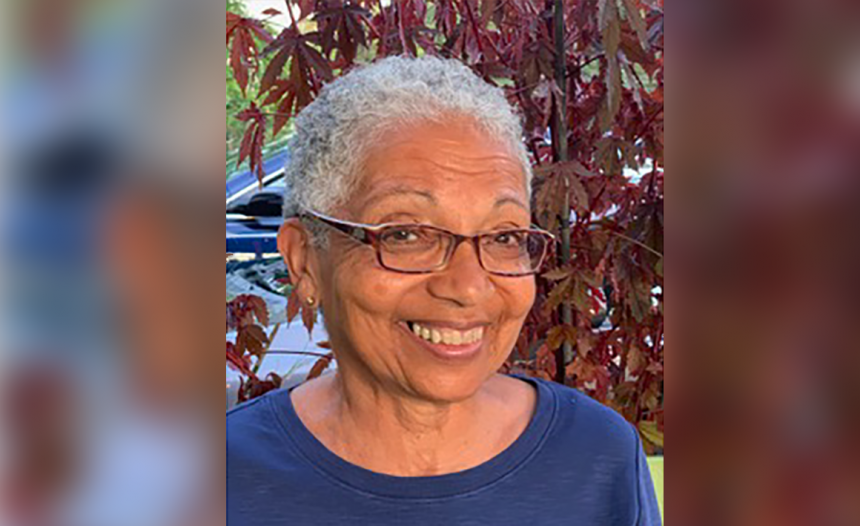The National Museum of African American History and Culture showcases the remarkable journey of Dr. Judith Hamer’s family from slavery to liberation, captured through donated artifacts. At 85 years old, Dr. Hamer, a PhD holder in Linguistics, embodies her family’s resilient history and their defiance against segregation laws. She continues their athletic legacy through pickleball and hiking. Discover how her family’s legacy has shaped her perspective on life, identity, and aging.
Could you provide a brief overview of your family’s history, particularly their experiences during slavery and their journey to success post-emancipation?
Let’s start at the beginning. My grandfather, born in 1868 after the Civil War, occasionally passed as white due to his fair skin, allowing him to buy a house in Bedford-Stuyvesant. When his Black wife was discovered, the neighborhood destroyed the house, but he rebuilt it. This paved the way for my father to attend Boys High and later win a scholarship to Cornell University, setting the stage for my sister and me to also earn PhDs from Cornell.
This narrative isn’t just about success; it’s a racial story that showcases how we leveraged segregation laws to our advantage.

What can you share about the family artifacts in the National Museum of African American History and Culture, particularly the significance of one piece?
My sister and I possess a large collection of photographs dating back to 1870. One poignant photograph in the museum depicts my grandmother’s grandparents, adding a historical context to segregation and other themes. The museum also features smaller images of my ancestors, illustrating the journey of Black families in New York City towards success.

How do you believe preserving these artifacts contributes to a broader understanding of Black history?
The artifacts demonstrate the enduring presence and contributions of Black individuals despite systemic barriers. However, there’s a concern that our success might be misinterpreted as negating the existence of these barriers. Our achievements happened despite obstacles, not because they were absent.

How has your family’s rich history influenced your life and perspectives today?
The history evokes feelings of pride and bitterness. It’s a testament to our resilience against odds and instills a duty to pass on this legacy. Yet, encountering misconceptions and biases in society, like assumptions about intelligence based on race, has made me wary and vocal about challenging such narratives.
What are your thoughts on Juneteenth and its significance for the country?
Juneteenth holds a deep meaning beyond just being a holiday. It symbolizes the delayed freedom of slaves in Texas, highlighting a lack of knowledge and recognition of its importance in American history.
How do you embody “aging with attitude” in your life?
Aging has empowered me to be more outspoken and assertive about my beliefs and experiences. Studying Black history and literature has fueled my passion and liberated me to express myself authentically, breaking free from societal expectations.
What advice would you give to future generations about embracing their identities?
I wouldn’t urge them to follow my exact path but rather encourage self-discovery and authenticity in navigating their individual journeys. Each person’s path is unique, and preserving one’s identity amidst challenges is a powerful act of resilience.
 NaBeela Washington, an emerging Black writer with a Master’s in Creative Writing and English, and a Bachelor’s in Visual Advertising, has been published in notable publications. Explore more of her work at nabeelawashington.com.
NaBeela Washington, an emerging Black writer with a Master’s in Creative Writing and English, and a Bachelor’s in Visual Advertising, has been published in notable publications. Explore more of her work at nabeelawashington.com.






